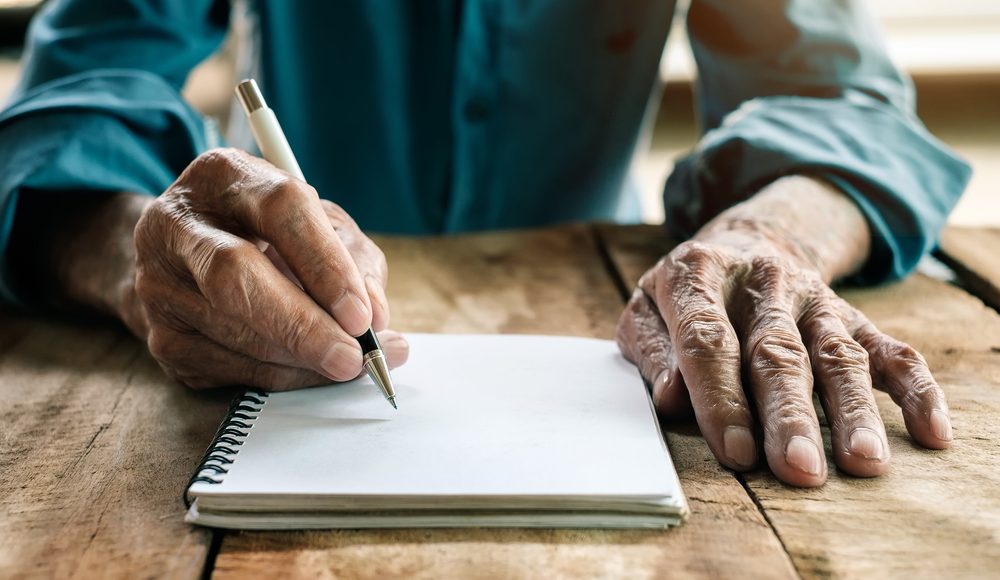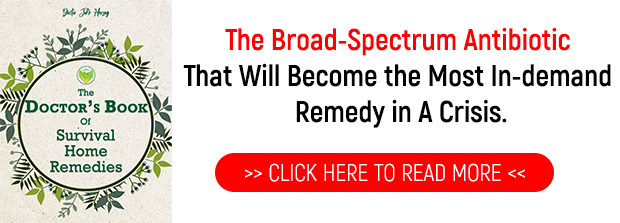Living with chronic pain or trauma is a real challenge, especially when the treatment does not bring healing and relief. Nevertheless, you can heal your pain from within by gathering your internal strength and redirecting it to the right destination. To do this, you need to learn to express all your emotions and experiences.
The most effective way is to do it in writing. Writing about your illness allows you to control your pain and emotions and help your doctor in your treatment. Below you will find tips on how to start keeping such a diary that may promise therapeutic benefits.
How Can a Therapy Diary Be Helpful?
First, a therapy diary can be a good source for the doctor to develop a better personalized treatment program. At the same time, it is not always necessary to show this diary to your doctor since you will be able to identify the points that need more attention in your treatment:
- Pain triggers. Keeping such records will allow you to determine what is affecting the occurrence of pain. These triggers may not have been obvious before, but later on, they can be identified.
- Psycho-emotional problems. During pain, mental health also lends itself to change. So, keeping a diary will help get rid of emotional stress and even deal with psychological problems, improve mood, etc.
- Understanding your pain. Describing everything that happens to you will allow you to understand the nature of your pain better. Why is this needed? Firstly, many can imagine their pain. With an exacerbation of pain, panic may begin, which will only aggravate the condition, while not everyone understands this. Secondly, it will help you when communicating with your doctor. You will be able to provide a more accurate and clear picture to your healthcare professional.
But most importantly, your pain diary can be an opportunity to track your treatment progress and notice even slight positive changes. They will give you a boost of inspiration and charge you with internal strength to continue your way to complete healing.
What Do You Need For Therapy Writing?
There is no need for any special equipment to start treatment with writing. But before you start, you need to decide on the format of your report.
Some may use gadgets to write, while others may write by hand. The last option may be more effective in the context of mental health. But if you are used to keeping up with the times, then writing in an online format is entirely appropriate. By the way, if we talk about online mode, then you can think about creating your blog. But we’ll talk about this a little further.
So, to begin therapeutic writing, it is vital to highlight the following points:
- Writing format – online or by hand. If you choose the latter option, prepare a new textbook. If there is no motivation for this activity, but you have already realized the need, add this activity to your schedule. Choose the most convenient time daily. P.S. After a few times, you will become motivated and start doing it when you want, not on a schedule.
- Determine if you want someone to have access to your diary. If you are not ready to share your pain with others, you do not need to do this. If necessary, tell your loved ones what you are planning to do and indicate that you don’t want to share your notes with others.
- There are no rules for this kind of writing. There is no need to be afraid of any mistakes or lack of writing skills. There will be no Writing Judge, and you aren’t going to create a custom essay. That is, you are free to write what you want and how you want.
- How many pages or lines you want to write is up to you as well. Write for as long until you feel a mental relief, at least.
What Do You Need to Know about Writing?
As stated, there are no unshakable rules for therapeutic writing. All you have to do is do it. However, this is not as easy as it might seem at first glance. The following tips will make it easier for you to start this process and create valuable treatment notes.
Should You Share Your Thoughts with the Public?
Earlier it was mentioned that if you want, you can share your experiences and notes with others. You can start online and, if necessary, set up limited access. This can help you get moral support, or maybe your experiences will help someone cope with a similar illness like yours.
You don’t have to write like the Best Writers Online. Remember that you do this for your well-being to cope with your illness and possibly find third-party support and new friends.
Find The Optimal Time for Writing
When it comes to writing, it may seem simple at first. But when it comes to a blank sheet, some people may feel frustrated. To catch the right time and mood, it is worth trying this writing at different times of the day. Specialists do not recommend taking notes during pain, as this is not the best time. It’s optimal to do this after you feel better. For example, you can start doing this also immediately after waking up. If you start this activity after waking up, you can notice a significant emotional improvement throughout the day after a few days.
Write Everything That Comes To Your Head
During this process, you do not need to think that you will have to show your text to someone or that you do not know how to write at all. Even if you plan to show your notes to your doctor later, you still shouldn’t get stuck. The bottom line is that you can express everything you struggle with one-on-one and not think about what others will say or think.
Be Frank with Yourself
Most people are afraid and ashamed of their feelings and emotions. This may become obvious during writing. So, at this stage, you need to promise yourself that you will be frank and will not be afraid of pain, your feelings, and your experiences. Remember, this is a tet-a-tet time with yourself. Your thoughts and emotions are only yours, and you do not need to be shy or afraid of them.
Don’t Re-read What You Wrote
After you are done, you will most likely want to re-read your note. But there is a pitfall – when you start re-reading what you have written, you will begin criticizing your text. You may also want to make changes and add something based on what you have already registered.
We kindly recommend avoiding re-reading and rewriting. As a rule, the first version of every text is the most sincere and authentic so let it be.
What Can You Describe In A Diary?
Even though there are no special rules here, there are several points you are better to write about. After each stream of free thoughts, it is worth describing more complex issues helpful to your doctor for effective treatment. It is vital to highlight the following topics:
- Record the date and time if it is possible.
- Describe your pain in as much detail as possible, indicating the location.
- Specify the duration of each painful attack.
- Find out whether the pain is affecting your daily tasks.
- Write down what medications you intake before or after the pain.
- How do you feel after physical activity?
- How does your psycho-emotional state change after a painful attack?
- Rate your pain on a 10-point scale.
- How do you feel after having finished your piece of writing?
To make it convenient for you to describe all the points, you can write them down separately and answer the survey after you finish your free writing. This will be a kind of conclusion of everything you have written in free form and the flow of thoughts and emotions.
Write As Long As You Need
If we talk about the required duration of this process, then only you decide here. Make it your everyday habit and proceed with it day after day until you feel a significant improvement. Patients with intermittent or inflammation-provoked pain can keep a diary for one to two weeks, but people with chronic pain or trauma may need more time. For some people, this becomes a daily ritual that they then continue all the time.
The Bottom Line
Writing a diary about your pain can help you better understand its nature and triggers, discover and formulate your physical and emotional response, and let your doctor better see the overall picture and the treatment program effect. This is the first step towards getting your pain under control and finding the internal strength to cope with it. Give this strategy a try to make one more step to a pain-free life!
>>> GET THE BOOK TO DISCOVER MORE <<<











Spunk | August 20, 2021
|
The only warning with writing a journal, someday someone will read it, you might be dead or maybe a spouse will find it and take a peak. Your vetting might totally destroy someone’s perception of you. You may feel better but that spouse who reads it may think that’s the way you see them always and not just some passing feeling that you needed to deal with. There have been great men from history who’s reputation was destroyed from writing from there wives. If you are Journaling about someone you love and it is negative in any way, burn it within 5 minutes of writing it. Ask me how I know. The pain is long lasting. Be smart folks
Travelin | August 20, 2021
|
BRAVO!!!! This is the first time I’ve read something like this. Most of what we read is physical brute force survival skills, but rarely anything about how to deal with physical trauma. No one ever told me or suggested I do such a thing, but found it very helpful after a certain injury that left me incapacitated for nearly a year. It helped me very much. I never showed it to a Dr. or anyone else. I found logging triggers of pain and emotional upset gave me the tools I needed to deal with my own health and it led to an early elimination of need for any doctors. It took care of the need of any sort of pain killers, even OTC pain killers. It was then that I decided that I needed to become my own Dr. as there would be no other human being alive who knew better how I feel than I do and there are much better solutions to dealing with pain, infection, and other common ailments, all with no adverse side effects, than the chemical dope the traditional medical world has to offer, most of which has horrible adverse side effects.
Thank you, sir, for this article!